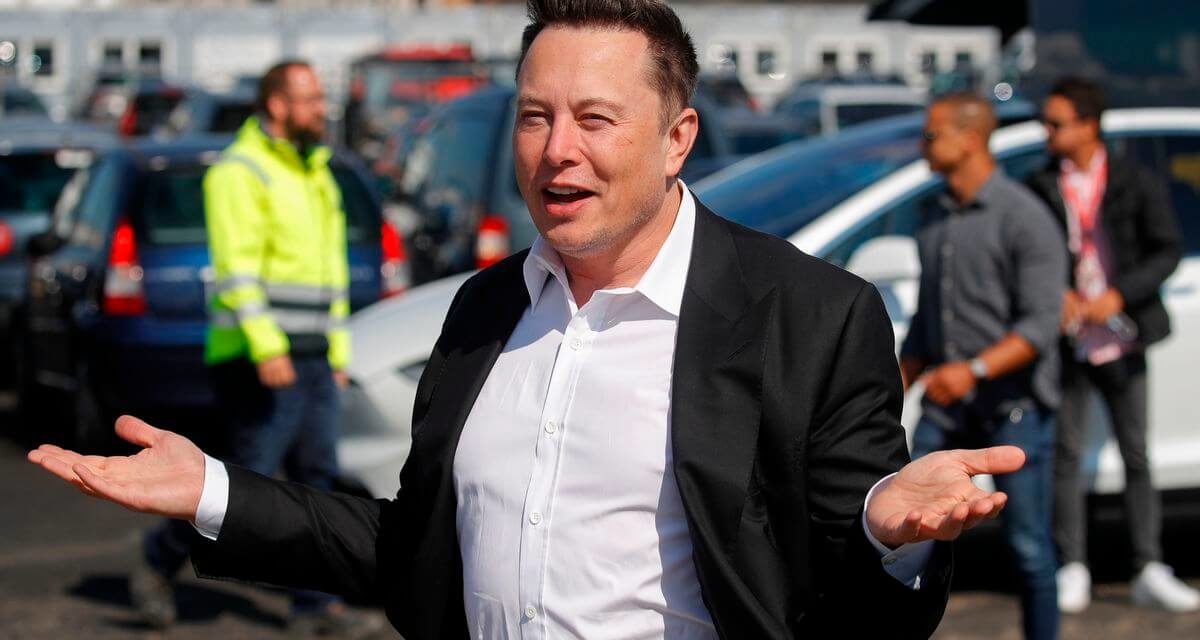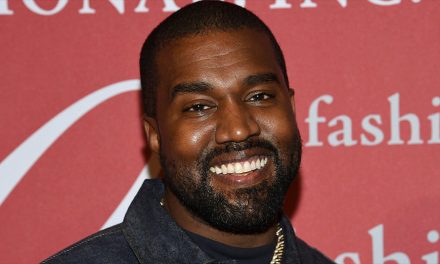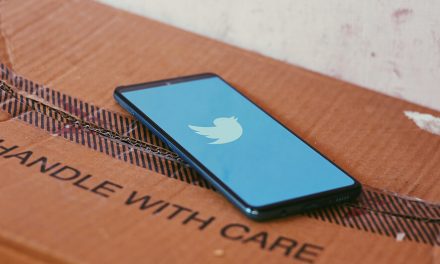It’s an old saw that those on top would do well to keep their success to themselves, but it’s a line that doesn’t seem to apply to Tesla founder Elon Musk who just can’t seem to keep his mouth shut.
Megabank JP Morgan Chase is after Musk for a series of posts he made on Twitter back in 2018 where he stated that he could take his electric automotive company private, essentially breaching a deal with the bank that would have automatically remitted payments. These are the same tweets where Musk declared that he had enough money to remove Tesla from the New York Stock Exchange, prompting market volatility with regard to the company’s share prices.
On August 7, 2018, Musk actually tweeted that he planned to take Tesla private to the tune of $420 a share, claiming that he had secured funding for the venture. He scuttled the notion seventeen days later. While Musk didn’t push through with the withdrawal, he still came under fire with the relevant financial regulatory agency in the United States.
Right now, though, JP Morgan is pushing through with the case, suing Musk et al for the sum of $162 million for “flagrantly” breaching their deal. Filed in Manhattan, the suit states that both companies signed an agreement back in 2014 which would allow the bank to purchase company shares at a set price on a specific date.
That said, Tesla sold JP Morgan several warrants that would allow them to buy shares on the condition that the “strike” price was under the company’s current share price when these warrants expired between June and July of this year.
According to an official statement released by JP Morgan, the bank had already given Musk and his team a number of opportunities to make good on their obligations. Unfortunately, the obvious lack of action on their part has resulted in the ongoing lawsuit.
The warrants in question have several provisions that would allow JP Morgan to adjust the price in order to protect both companies against any financial impact that transactions involving Tesla would entail.
As of July 31st of this year, around the time the warrants expired, Tesla’s share price has gone up tenfold. According to representatives from JP Morgan, per the contract, Tesla needs to hand over shares of either stock or cash to the bank. Failure to do so on Tesla’s part would be considered a default. To date, Musk and other high-ranking executives at Tesla have yet to comment on the issue.














